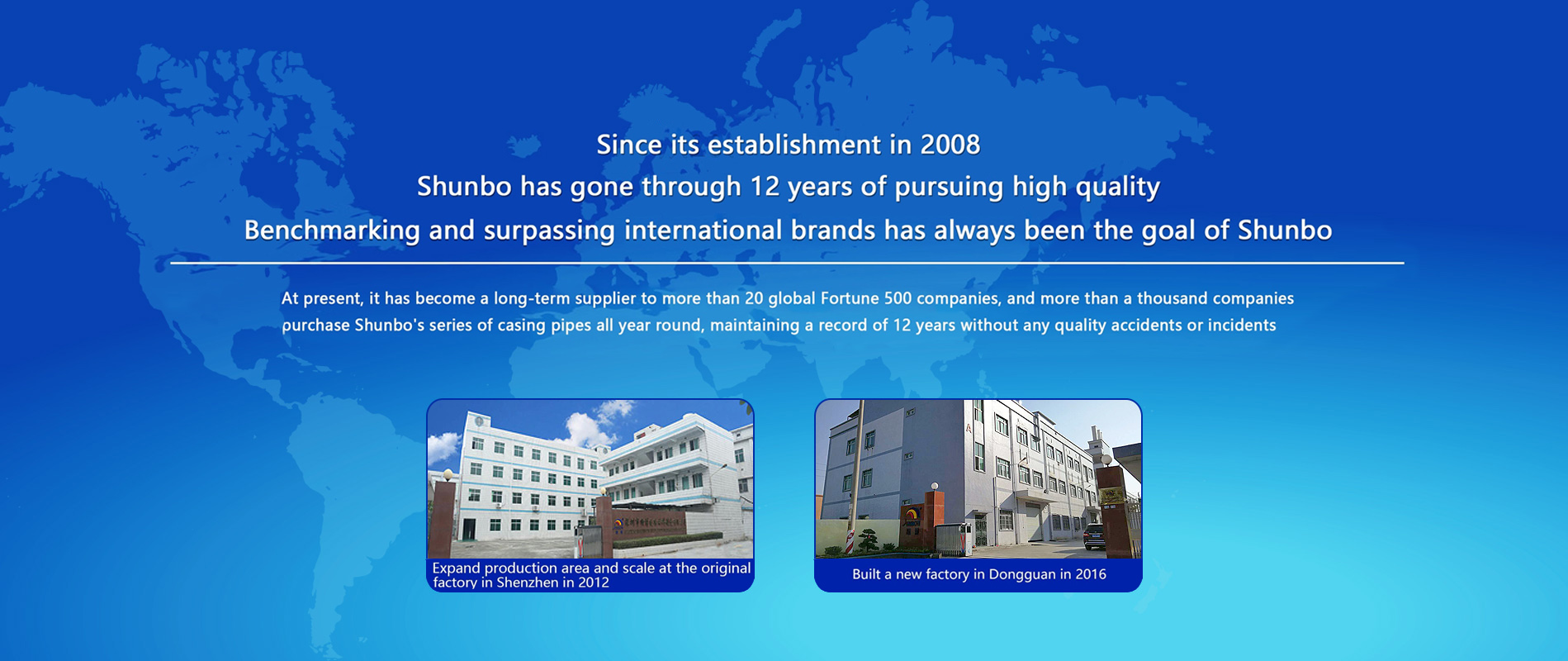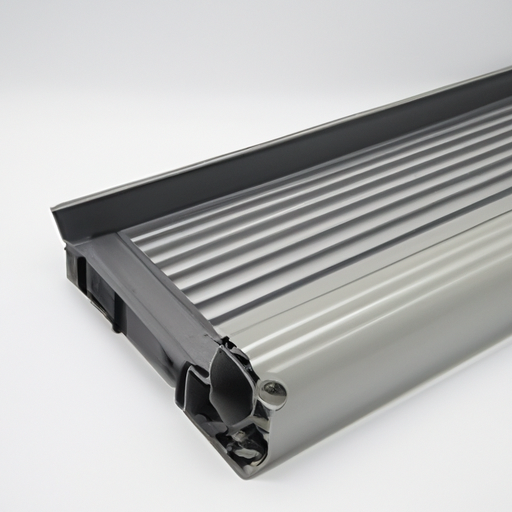
What are the Advantages of Quartz Fiber Casing Products?
I. Introduction
In the realm of advanced materials, quartz fiber casing products have emerged as a significant player, offering a unique combination of properties that make them suitable for a wide range of applications. Quartz fiber, derived from high-purity silica, is known for its exceptional thermal, chemical, and electrical resistance. This blog post aims to explore the advantages of quartz fiber casing products, shedding light on their composition, properties, and the diverse industries that benefit from their use.
II. Composition and Properties of Quartz Fiber
A. Description of Quartz Fiber Material
Quartz fiber is primarily composed of silicon dioxide (SiO2), which is the same material that makes up natural quartz. This high-purity silica is processed into fibers through a series of high-temperature treatments, resulting in a material that boasts remarkable properties.
1. **Chemical Composition**: The primary component, silicon dioxide, is known for its stability and resistance to various environmental factors. The purity of the silica used in quartz fiber is crucial, as impurities can significantly affect its performance.
2. **Physical Properties**: Quartz fiber exhibits high tensile strength, low thermal expansion, and excellent thermal stability. These properties make it an ideal candidate for applications that require durability and reliability under extreme conditions.
B. Comparison with Other Fiber Materials
When compared to other fiber materials such as glass fiber and carbon fiber, quartz fiber stands out due to its unique combination of properties. While glass fiber is known for its good strength-to-weight ratio and carbon fiber for its lightweight and high strength, quartz fiber excels in high-temperature resistance and chemical stability.
C. Unique Characteristics of Quartz Fiber
Quartz fiber's unique characteristics include its ability to withstand extreme temperatures (up to 1,000°C or 1,832°F), its low thermal conductivity, and its excellent electrical insulation properties. These features make it particularly valuable in industries where performance under harsh conditions is critical.
III. Advantages of Quartz Fiber Casing Products
A. High Temperature Resistance
One of the most significant advantages of quartz fiber casing products is their high temperature resistance.
1. **Thermal Stability and Performance in Extreme Conditions**: Quartz fiber can maintain its structural integrity and performance even in extreme heat, making it suitable for applications in aerospace, industrial furnaces, and other high-temperature environments.
2. **Applications in High-Temperature Environments**: Industries such as aerospace and manufacturing rely on quartz fiber for components that must endure intense heat without degrading.
B. Chemical Resistance
Quartz fiber is also known for its exceptional chemical resistance.
1. **Resistance to Corrosive Substances**: Unlike many other materials, quartz fiber does not react with acids, bases, or other corrosive substances, making it ideal for use in chemical processing and oil and gas industries.
2. **Longevity in Harsh Chemical Environments**: The durability of quartz fiber in harsh environments ensures that products made from this material have a longer lifespan, reducing the need for frequent replacements.
C. Electrical Insulation Properties
Another key advantage of quartz fiber casing products is their excellent electrical insulation properties.
1. **High Dielectric Strength**: Quartz fiber exhibits high dielectric strength, making it an excellent insulator for electrical applications.
2. **Applications in Electrical and Electronic Industries**: This property is particularly valuable in high-voltage applications, where reliable insulation is critical for safety and performance.
D. Lightweight and Strength
Quartz fiber products are both lightweight and strong.
1. **Comparison of Weight-to-Strength Ratio with Other Materials**: The weight-to-strength ratio of quartz fiber is superior to many other materials, including glass and carbon fibers, making it an attractive option for applications where weight savings are essential.
2. **Benefits in Transportation and Structural Applications**: The lightweight nature of quartz fiber products contributes to fuel efficiency in transportation and enhances structural integrity in various applications.
E. Low Thermal Conductivity
Quartz fiber's low thermal conductivity is another significant advantage.
1. **Insulation Properties and Energy Efficiency**: This property allows quartz fiber to act as an effective insulator, helping to maintain temperature and improve energy efficiency in thermal management systems.
2. **Applications in Thermal Management Systems**: Industries that require precise temperature control, such as electronics and aerospace, benefit from the thermal insulation properties of quartz fiber.
F. Environmental Resistance
Quartz fiber products are designed to withstand environmental challenges.
1. **Resistance to UV Radiation and Moisture**: Quartz fiber is resistant to UV radiation and moisture, making it suitable for outdoor applications where exposure to the elements is a concern.
2. **Durability in Outdoor Applications**: This durability ensures that quartz fiber products maintain their performance and appearance over time, even in challenging environments.
G. Versatility and Customization
The versatility of quartz fiber casing products is another notable advantage.
1. **Ability to be Molded into Various Shapes and Sizes**: Quartz fiber can be molded into a variety of shapes and sizes, allowing for tailored solutions to meet specific industry needs.
2. **Customization Options for Specific Industry Needs**: Manufacturers can customize quartz fiber products to suit particular applications, enhancing their functionality and performance.
IV. Applications of Quartz Fiber Casing Products
The advantages of quartz fiber casing products have led to their adoption across various industries.
A. Aerospace and Defense
In the aerospace sector, quartz fiber is used in aircraft components and protective casings, where high temperature and chemical resistance are paramount.
B. Electronics and Electrical Engineering
Quartz fiber's electrical insulation properties make it ideal for high-voltage applications in the electronics and electrical engineering industries.
C. Oil and Gas Industry
In the oil and gas sector, quartz fiber products serve as protective casings for equipment operating in harsh environments, ensuring longevity and reliability.
D. Industrial Manufacturing
Quartz fiber is utilized in furnaces and kilns, where its high temperature resistance and durability are essential for efficient operation.
E. Telecommunications
In telecommunications, quartz fiber is used in fiber optic applications, where its low thermal conductivity and strength contribute to improved performance.
V. Challenges and Considerations
While quartz fiber casing products offer numerous advantages, there are challenges and considerations to keep in mind.
A. Cost Factors
1. **Comparison with Alternative Materials**: Quartz fiber products can be more expensive than alternatives like glass fiber, which may deter some manufacturers.
2. **Long-Term Value Versus Initial Investment**: However, the long-term value and durability of quartz fiber products often justify the initial investment, particularly in demanding applications.
B. Manufacturing and Processing
1. **Challenges in Production Techniques**: The production of quartz fiber can be complex, requiring specialized techniques and equipment.
2. **Availability of Raw Materials**: The availability of high-purity silica can also impact the production of quartz fiber products.
VI. Future Trends and Innovations
As technology advances, the future of quartz fiber products looks promising.
A. Advancements in Quartz Fiber Technology
Innovations in manufacturing processes and material science are likely to enhance the performance and reduce the costs of quartz fiber products.
B. Potential New Applications and Markets
Emerging industries, such as renewable energy and advanced manufacturing, may present new opportunities for quartz fiber applications.
C. Sustainability Considerations in Production and Use
As sustainability becomes increasingly important, the development of eco-friendly production methods for quartz fiber will be a key focus for manufacturers.
VII. Conclusion
In summary, quartz fiber casing products offer a multitude of advantages, including high temperature and chemical resistance, excellent electrical insulation properties, and versatility in applications. Their unique characteristics make them invaluable in industries ranging from aerospace to telecommunications. As technology continues to evolve, the potential for quartz fiber products will only expand, paving the way for innovative solutions in modern industries. For those looking to enhance their operations with advanced materials, exploring the benefits of quartz fiber technology is a worthwhile endeavor.
VIII. References
For further reading on quartz fiber technology and applications, consider exploring the following resources:
1. Industry reports on advanced materials.
2. Academic studies on the properties and applications of quartz fiber.
3. Articles discussing innovations in manufacturing processes for quartz fiber products.



